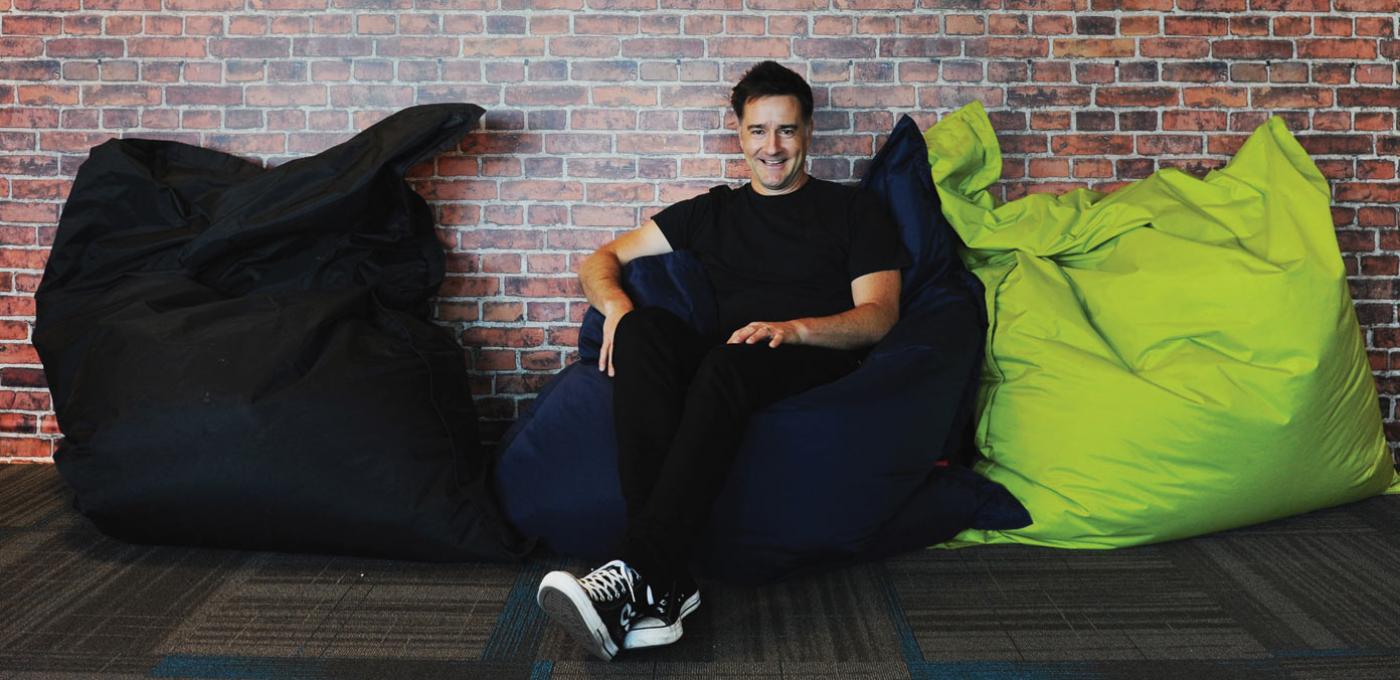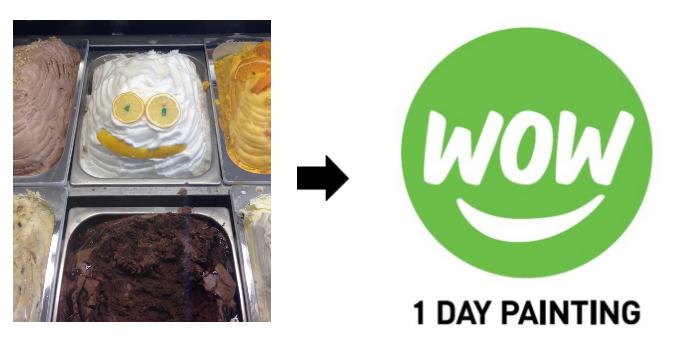
Wall Street Journal: Why This CEO Takes Every Friday Off
This article was contributed to the Wall Street Journal by Brian Scudamore.
Twelve years ago, my life fell apart. My marriage to my high school sweetheart was over. I was working on my first company, 1-800-GOT-JUNK?, to the point of exhaustion - but it wasn’t growing. Add to that co-parenting a newborn baby, and I was on track for total burnout.
Entrepreneurs often think success means working themselves to the bone. Busyness is worn as a badge of honor - but really, we’re doing more and accomplishing much less. When I hit rock bottom, I realized I had to stop trying to keep up with everything and start focusing on the right things.
With that in mind, I spent some time walking in the forest near my home and thinking. Taking a step back to reprioritize and connect with what mattered most helped me transform my schedule - and my life. I realized that the 7 to 7 grind was obscuring breakthrough ideas and making difficult decisions even harder. I decided to take drastic action and throw out the traditional work week.
I experimented with several approaches. Eventually, I found that taking Fridays off to recharge and spending Mondays just thinking was the perfect formula for a reimagined work week. On Think Days, I don’t go into the office or take meetings. Instead, I structure my day around identifying my biggest priorities for the week and month ahead.
Tuesday, Wednesday, and Thursday are back-to-back Focus Days where I’m in the office sweating out my A-game and acting on priorities. Maybe most surprisingly, I’ve taken Fridays off for the last five years. They’re Free Days where I do what I love - skiing with my kids, cooking, learning languages, and biking. When I’m away from the office, things have time to marinate. Connections bubble up and often turn into big, business-changing ideas.
It was on a Think Day that I decided to launch our fourth brand, Shack Shine, under the O2E Brands banner. For a year prior, a fellow entrepreneur kept pushing his hundred-million-dollar window and gutter-cleaning idea. I was overwhelmed with two other startups and felt forced to say “no”. When I took a step back, I realized we already had both the people and systems in place for a new brand that fit our family of home-services so perfectly. Taking a Think Day let me see the bigger picture.
Free Days are much less structured, but just as helpful. For example, we had tried unsuccessfully for a year to rebrand our second company, WOW 1 DAY PAINTING. It wasn’t until I stopped looking so hard for inspiration that - boom! - it was right in front of me in the form of a smiling lemon sorbet! Free Day gave me an opportunity I wouldn’t have found sitting in the office.

Whether you take a Think Day or a Free Day (or both) the future of knowledge work isn’t about people sitting in front of computers and meeting room tables. It’s not competing to work the longest hours and still feeling behind. Instead, the future of knowledge work is leaders leading lifestyles that help them feel positive, relaxed, and creative so that they can set better priorities, set better examples for their people, and have more breakthrough ideas.






